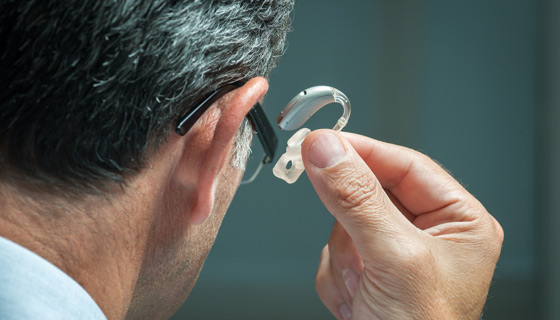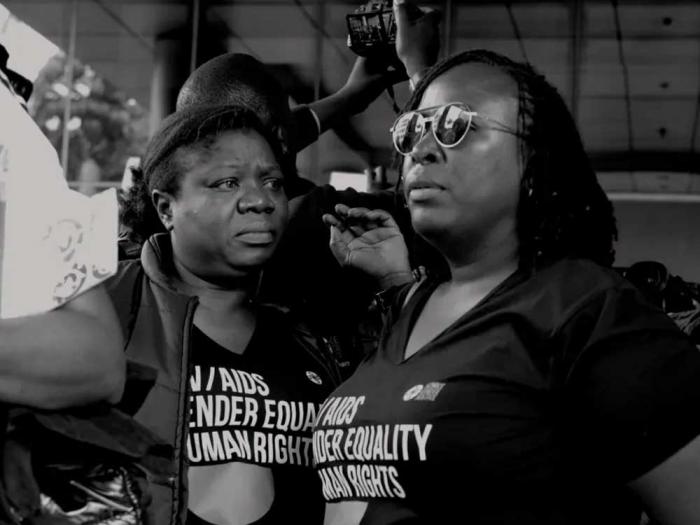CCTV companies contend that live facial recognition technology has a role to play in the UK, though worries persist regarding privacy and bias.
It's widely recognized that Britain stands as one of the most heavily monitored nations globally. London, specifically, boasts over 600,000 CCTV cameras, averaging approximately 67 cameras per 1,000 individuals, according to research conducted by Comparitech. Remarkably, it stands as the sole city beyond China to rank within the top ten in terms of surveillance density. Moreover, there's a gradual integration of more advanced technology into these systems.
Presently, only a fraction of these cameras possess the capability for live facial recognition (LFR), but this fraction is on the rise. In anticipation of this evolving technology, Elizabeth Denham, the information commissioner, has issued a stern notice to the industry through an official "opinion" from her office, outlining the regulations governing its usage. The opinion asserts that compliance with the law necessitates a demonstration of fairness, necessity, and proportionality in the implementation of LFR. It emphasizes the high threshold for lawful use, particularly in cases involving the indiscriminate collection of biometric data in public spaces.
The primary concerns revolve around the governance of LFR systems and apprehensions regarding the automatic gathering of biometric data. Furthermore, there's unease regarding individuals' lack of choice regarding the utilization of such systems, the potential biases and discrimination inherent in facial recognition algorithms, and the handling of data concerning minors and vulnerable adults.
Simon Randall, CEO of Pimloc, a firm specializing in CCTV video analytics, acknowledges the complexities involved, emphasizing the need to exceed standard assessments to ensure compliance and public satisfaction. He contends that while navigating the privacy-utility balance is intricate, it can be achieved successfully.
Randall posits that the context in which LFR is deployed plays a significant role in determining its acceptability. For instance, while its use in a retail setting may raise eyebrows, its application at venues like Wembley Stadium could be more justifiable, particularly for security purposes.
To foster trust in the responsible use of LFR, Randall advocates for greater transparency regarding data collection and allowing individuals to access the data collected about them. He believes that such measures would largely assuage concerns among the populace.













0 Comments